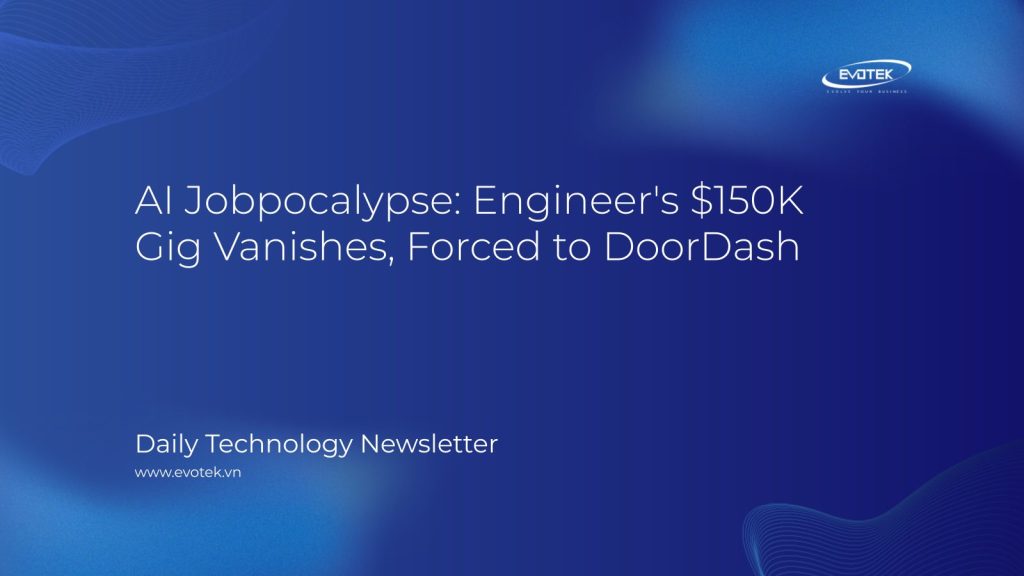A software engineer’s story is a chilling glimpse into the potential impact of AI on the workforce. Shawn K, once earning a comfortable $150,000 a year, now faces a harsh reality: relentless job rejections and a reliance on gig work to survive.
From Tech Star to DoorDash Driver: An AI Displacement Story
Shawn K’s experience highlights a growing concern: the rapid advancement of artificial intelligence and its potential to displace skilled workers. After losing his metaverse-focused job last year, he’s struggled to find new employment. Despite his extensive experience and a computer science degree, he’s faced over 800 job rejections.
“I feel super invisible,” K told Fortune. “I feel unseen. I feel like I’m filtered out before a human is even in the chain.”
The Great Displacement: Is This the Future of Work?
K’s situation is not unique. Tech layoffs have been on the rise, and experts predict AI will soon be capable of handling the majority of coding tasks. Anthropic CEO Dario Amodei even suggested AI could write 90% of code by September and potentially all code within a year. For K, this means living in a small RV trailer and piecing together income through DoorDash deliveries and selling belongings online.
While the U.S. Bureau of Labor Statistics still identifies software engineering as a fast-growing field, stories like K’s may become increasingly common, signaling a “social and economic disaster tidal wave.”
Adapting to the AI Revolution: A Call for Innovation
Despite the challenges, K remains an “AI maximalist.” His frustration stems not from AI itself, but from companies using it to cut costs instead of leveraging its potential to augment human capabilities. He envisions a future where humans and AI work together, boosting productivity and creating new opportunities.
“I think there’s this problem where people are stuck in the old world business mindset of, well, if I can do the same work that 10 developers were doing with one developer, let’s just cut the developer team instead of saying, oh, well, we’ve got a 10 developer team, let’s do 1,000x the work that we were doing before,” K says.
K’s story serves as a wake-up call, highlighting the need for proactive solutions to address the potential impact of AI on employment and society.

 日本語
日本語 한국어
한국어 Tiếng Việt
Tiếng Việt 简体中文
简体中文